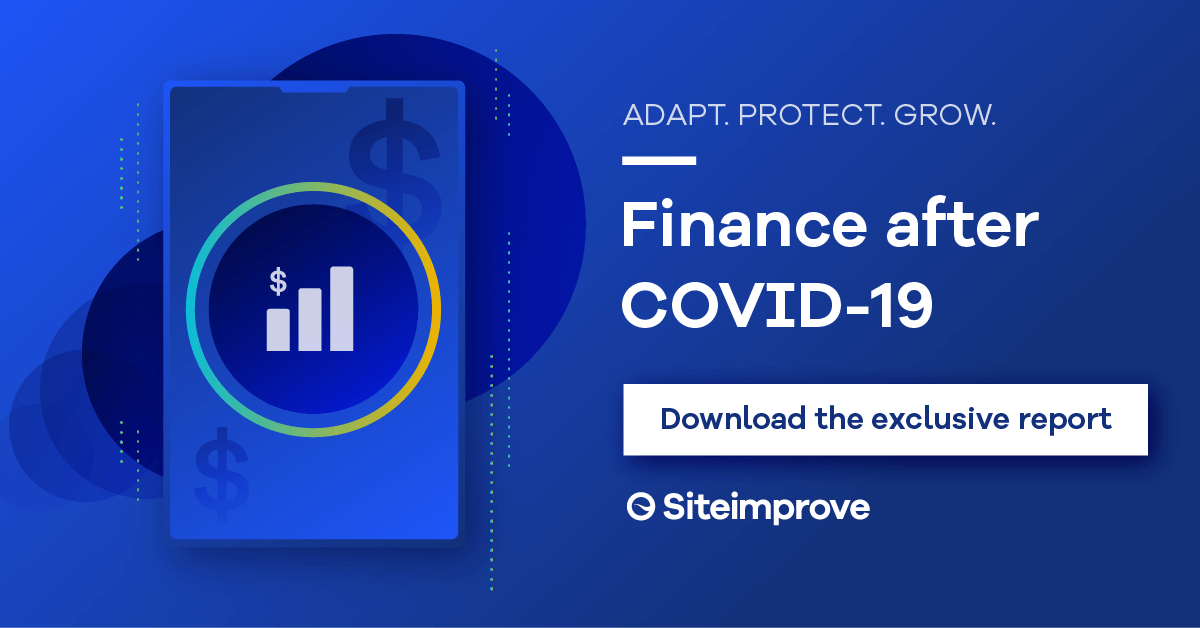The COVID-19 crisis has had far-reaching implications for every industry in the world, and financial services is no different. Yet, despite the upheaval, customer experience remains the core priority for banks and insurers. Vikram Singh-Mand, a leading industry consultant, told us that the biggest concern is making sure his customers are not negatively impacted by the pandemic.
Both banks and insurance firms have increased their online service share in the past decade, but the majority are not prepared to move the lion’s share of their transactions online. Face-to-face banking was still vital for a bank’s operation before the pandemic, with the real-world decline in branch visitors only amounting to 1-1.5% per year. The biggest initial challenge for insurance firms is business continuity while they enable staff – from actuaries to underwriters – to access critical business data remotely.
Uploading the human touch
Customers have always wanted to interact with financial service providers when, where and however they wish. This goes hand in hand with the unique place that finance companies hold in the lives of their customers.
COVID-19 has shifted the playing field. The pandemic has demanded much from all financial service organizations – for banks, there is no end in sight to banking without branches, leaving many struggling to provide an online service that’s as easy and accessible as walking into a branch. For insurance companies, there has been a huge spike in travel and critical illness claims that have stretched digital capabilities and hampered the speed of operation and quality of customer service.
Insufficient or unprepared?
Moving all services online is at best a challenge and – for the financial institutions whose online capabilities are unprepared – a threat to customer retention at worst. The shift not only places more demand on websites, but has also led to mission critical applications and sensitive data leaving the security of on-premise environments.
Personal information that was previously served up by branch staff and in offices must now be accessible online and to remote staff. This raises two huge problems for organizations:
- Managing data privacy and compliance: This includes swiftly dealing with the flurry of regulations that came with the Royal Commission’s pandemic policies and APRA’s guidelines for Managing Data Risk (CPG 235). We have covered this in detail in the blog: Financial organizations must adapt data strategies to preserve customer trust.
- Adapting and optimising online services: organizations should strive to cut through the noise of the crisis and provide a familiar and easy experience that preserves customer loyalty. They can do this by stripping away as many obstacles as possible between themselves and the customer/client.
For banks, this means providing a service that has the same effortless outcome as banking in person. For insurance firms, success will be determined by advancing digital capabilities to assure their clients’ business continuity during and post pandemic.
Content quality and performance
First and foremost, customers want to know their finances and policies are safe and their coverage intact – and to find that information quickly and easily. This requires a responsive website that’s quick to load and displays optimized, error-free content. Enterprises will also want to ensure that this information is consistent with their brand guidelines.
Analytics
With vastly more users visiting webpages, organizations will have access to customer data like never before, but the majority lack the capabilities necessary to extract insights from it. According to Gartner, 69% of marketing leaders expect the large part of their decisions to be informed by data, so banks and insurers will need to invest the time, tools and resources they need to achieve this.
SEO
Search Engine Optimization (SEO) has always been one of the key aspects of digital content creation. It is a long-term investment, which is why it’s important to build a sustainable SEO strategy. According to a 2018 Search Engine Journal survey, organic search provides more ROI than any other digital channel.
Our SEO Expert suggests to focus initial SEO efforts on these key areas to deliver immediate results:
- Stay on top of search trends. Staying informed means knowing how online behavior is changing, but also how your website reacts to this changed behavior. It’s clear that no industry is left untouched by the current situation, and online search behavior has changed drastically. You can see the increased search interest in ‘how to manage finances’, from day to day payments, like rent and groceries, to more advanced investment decisions, tax payments, and broader financial education. For instance, ‘how to invest’, has been trending upwards worldwide. That is a good opportunity for organizations in this sector to provide guidelines on these topics by creating, or adapting, content that would serve this search demand and answer investment-related questions.
- Keep your website audience informed. Crafting good quality content with user intent in mind is critical. That is exactly why you need to give your audience current, relevant, detailed, and credible information about all the operations, changes, and initiatives that your organization has rolled out in response to the global pandemic.
- Have a flexible approach to SEO and be ready to constantly reassess your SEO strategy.
- Embark on some technical SEO spring-cleaning and revisit the technical aspects of the website that have been deprioritized
Accessibility
Banking and insurance websites need to be accessible to all customers, including those who have disabilities. According to Australian Institute of Health and Welfare, more than 4 million Australians have disability, or around 18% of the population, and 71% of these users will simply navigate away from a website with poor accessibility features, according to 2017 research conducted by the governance committee of Section508.gov in the US, as quoted on Media Access Australia. However, users without disabilities find accessibility features help them navigate a site more effectively.
The holistic approach
Adopting the right solution and meeting these expectations will be a turning point for many financial organizations. The current crisis represents an opportunity for those that can provide a supportive environment – not only for those customers making their first steps online, but for more online savvy customers that regard a high-performing online service as a day-to-day necessity.
Investing in new technology can seem counterintuitive amidst periods of financial uncertainty, but there are cost effective SaaS-based solutions that are easy to integrate with existing technology stacks.
Siteimprove empowers banks and insurance firms to optimize their customers’ digital experience via a single, holistic solution. organizations can optimize website load times, improve visitor experience, SEO rankings and ultimately, the bottom line. They can also access actionable insights and live reporting that enables them to make informed decisions and further improve their customer’s online experience.
The pandemic is both a threat and an opportunity: those organizations that have the agility to pivot to a ‘new normal’ with online services at its heart will find they emerge from the crisis having retained – or even strengthened – the loyalty of their customers.
Book a 1-1 consultation To find out how Siteimprove’s holistic platform is helping the financial services industry develop a stronger, more accessible digital presence.


